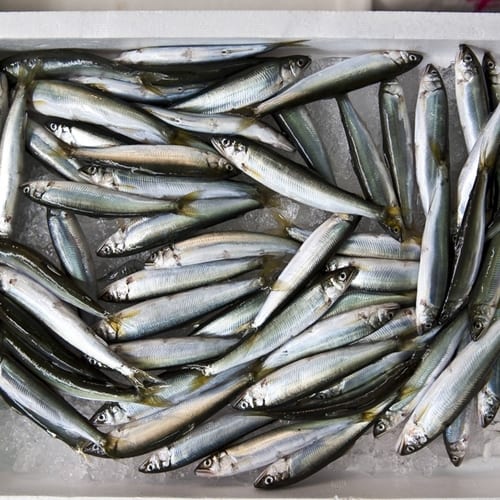Commercial fishermen always need to have the right gear handy, and in many cases, this gear can be damaged during normal operations. In addition, various states may have their own regulations prohibiting the use of certain equipment, so workers should make sure they have the proper tools onboard and are operating with the correct license before setting out. Fishing charter insurance should also be a part of these preparations. If fishing companies take the time to purchase it, they may well be confident that they will be covered by all of the applicable insurance protections.
For example, saltwater and freshwater fishermen in Louisiana have different limitations on the gear they are allowed to use, according to a 2011 document from the Louisiana Department of Wildlife and Fisheries. While freshwater outfits can use gill nets that are shorter than 1,200 feet in some cases, saltwater operations are prohibited from using these, as well as seines and trammel nets.
Many freshwater lakes in this state are closed to netting, including Lakes Vernon, Bistineau and Claiborne. In state waters, saltwater fishermen can use cast nets, hoop nets, trawls and trotlines that fit within certain standard measurements, as well as licensed commercial rod and reel gear that is supplemented by positive proof. Using the wrong kind of equipment could lead to legal violations and unintended danger to wildlife.
Even when their gear is legally approved for fishing activity in their target waters, operators have to consider the potential challenges of the environment and government regulations. Fishing boat insurance can be used to help financial recovery when disasters happen, whether the vessel operates in salt or freshwater areas. The hazards will vary, so operators need to know they have the right policies enacted to keep activities uninterrupted.

